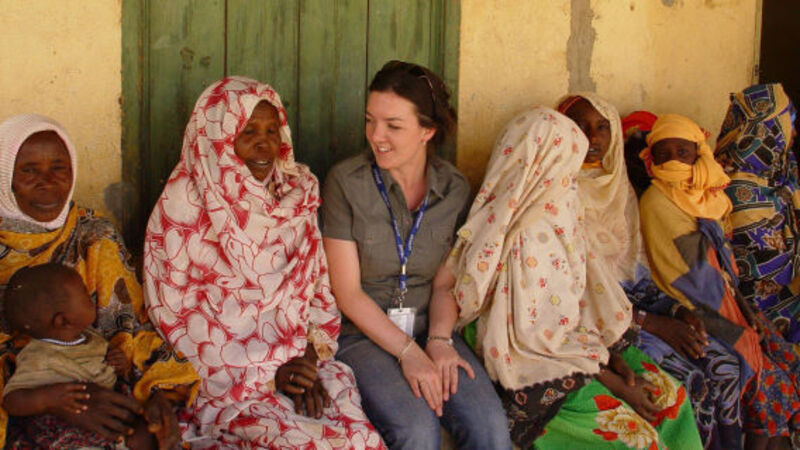The Cobh lady who is speaking up for Syria’s lost children

IN LOOKS and voice, she’s definitely a member of the clan, but Ettie Higgins is a little different from her siblings. One did Naked Camera — Ettie is camera-shy.
“I hate having my photo taken,” the Unicef emergency specialist and Cobh native says. Her sister, comedian Maeve, made her name in the character of the desperate date-seeker on the RTÉ comedy show. Another sister, Lilly, has a burgeoning reputation as a food writer and broadcaster but, despite being adverse to the lens, Ettie says the similarities between her and her siblings tends to outweigh the differences: “We all love cake.”
















